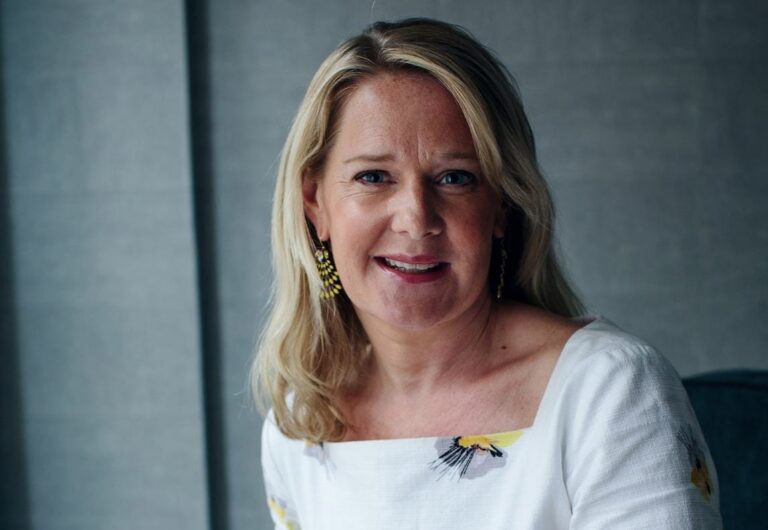
Sam Smith, founder of finnCap
Over half of Britain’s young people have started or thought about starting a business. This is a trend that has more to do with what they see everyday on the likes of TikTok than what they learn in the classroom. After all, most young people are being taught nothing at all about the world of work – let alone the first thing the need for starting a business.
It’s not just young people who prize entrepreneurial skills: employers do too. To coincide with the launch of the All-Party Parliamentary Group for Entrepreneurship report calling on the government to prioritize it, we coordinated a letter to back the findings, which hundreds of the UK’s leading entrepreneurs and educators have signed.
The APPG report was supported by finnCap. As Sam Smith, group CEO of finnCap, says: “I have worked with programmes that teach entrepreneurship in schools. I’ve seen first hand how these programmes open up opportunities for young people from backgrounds that are usually excluded from entrepreneurship. Embedding education into the mainstream education system will create a more equitable future for the UK’s young people.”
Alongside Sam Smith, the letter has been signed by many of the great and the good of UK entrepreneurship, including: Lord Bilimoria CBE DL, founder of Cobra Beer and CBI president; Dragon and retailer Theo Paphitis; Giles Andrews OBE, founder of Zopa; Sherry Coutu CBE, trustee of Founders4Schools; Emma Jones CBE, founder of Enterprise Nation; Rishi Khosla OBE, CEO and co-founder of OakNorth Bank; Rajeeb Dey MBE, founder & CEO of Learnerbly; Sean Ramsden MBE, founder and CEO of Ramsden International; Caroline Theobald CBE, managing director of Bridge Club; Dr Sarah Wood OBE, senior independent director of Tech Nation; Simon Woodroffe OBE, founder of YO! Company; Shalini Khemka CBE, Founder & CEO of E2E; Maxine Benson MBE, co-founder, everywoman, and Brad Aspess MBE, founder of Rarewaves.
Alison Cork, founder of Make it Your Business says: “As young people in particular re-evaluate how they want to work and live, it is imperative that we normalize a culture of entrepreneurship within our education system.” Hilary Rowland, co-founder of Boom Cycle says: “Making exposure to entrepreneurship a priority for young people is a no-brainer. There are so many lessons to be learned even if they don’t go on to open their own business.” Louise Hill, Co-Founder and COO of GoHenry says: “It’s so incredibly important to support the next generation of entrepreneurs. GoHenry fully supports this.”
The report calls for the Government to draft a Youth Entrepreneurship Strategy, taking into account evidence and experience from across Europe. The report suggests setting out key competencies and skills that pupils should develop over the course of their education, as well as encouraging learning through hands-on projects, to ensure that theoretical content is clearly related to practical applications.
The idea is to embed entrepreneurship in the National Curriculum, rather than teach it as a separate subject. The report argues that schools could employ a four-year model whereby theoretical concepts relevant to innovation and entrepreneurship are spread throughout all of the school years and integrated into existing subjects, starting with introductions to basic concepts at younger ages and developing to the bigger picture and enterprise opportunities among older year groups. By linking these subjects to practical situations and skills, their daily relevance is made clearer to pupils who may otherwise be less engaged.
Building on the two 2014 reports: Lord Young’s Enterprise for All and the APPG for Micro Businesses’s An Education System fit for an Entrepreneur, this APPG report is trying to get enterprise education back on the menu for whoever is the next Prime Minister.
As report author Finn Conway says: “Currently entrepreneurship education, when it is taught at all, suffers from being siloed. Children are left being taught the basic concepts in maths and science but are not taught how to engage with these topics with an entrepreneurial mindset. The curriculum should be brought to life through the lens of entrepreneurship from an early age”